Bladder Cancer Diet


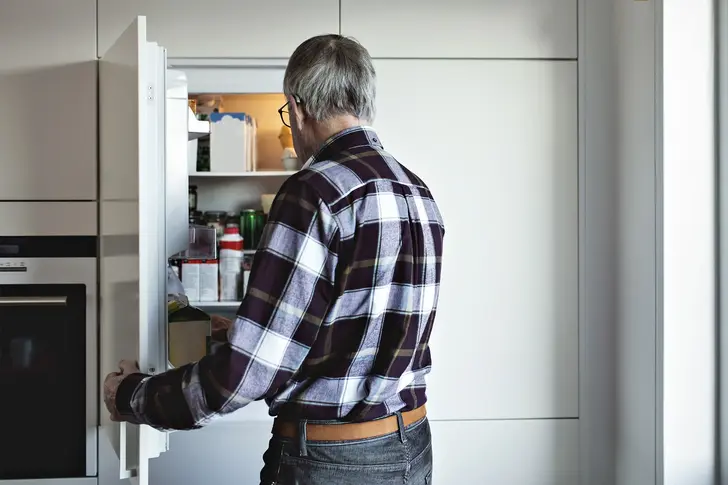
8 Tips to Improve Your Bladder Cancer Diet
Being mindful of what you eat and drink is even more important when you have cancer. That’s because your body is working hard to fight disease and heal. During treatment, you burn more calories than usual, even at rest. Treatment can also change how food tastes and how your body digests it. There’s no official bladder cancer diet, but a balanced one may support recovery and ease side effects like fatigue, constipation, and nausea. Here are some practical ways to boost your body’s abilities.
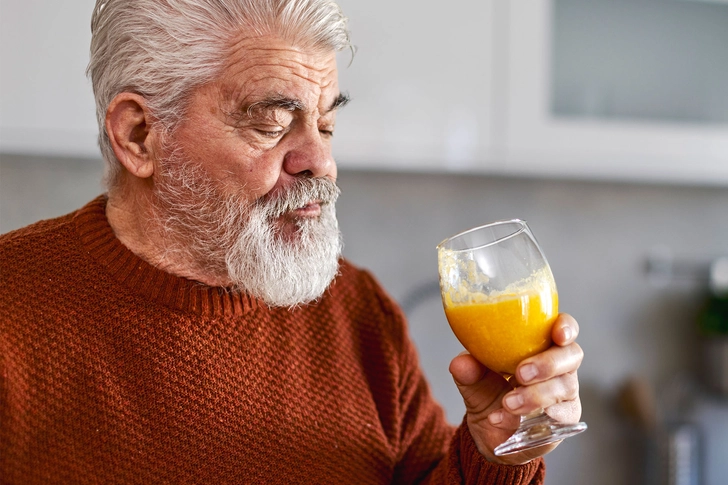
Stay Hydrated
Drinking plenty of water helps you poop and replace water lost to treatment or its side effects. Aim for about eight or so cups a day, or at least half your body weight in ounces. Plain water is great, but it might not be enough on its own. That’s because your cells absorb water better when it includes a bit of sugar and sodium. Your doctor might suggest an oral rehydration beverage. Juice with a pinch of salt also works.
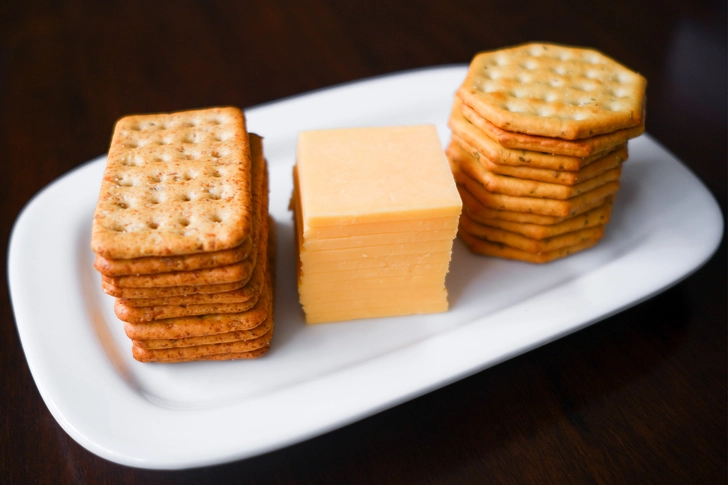
Eat Six or More Small Meals a Day
Bladder cancer treatment can make it hard to eat. You might feel full quickly, lose interest in food, or cramp after eating. Small meals spaced throughout the day may be easier to manage. This gives your body steady energy and may ease nausea or diarrhea. It also helps you get enough calories without overloading your gut. Think half a sandwich with a few slices of fruit, a smoothie, or crackers with cheese. Don’t stress over traditional meals. Instead, just make sure to eat a little something every few hours.
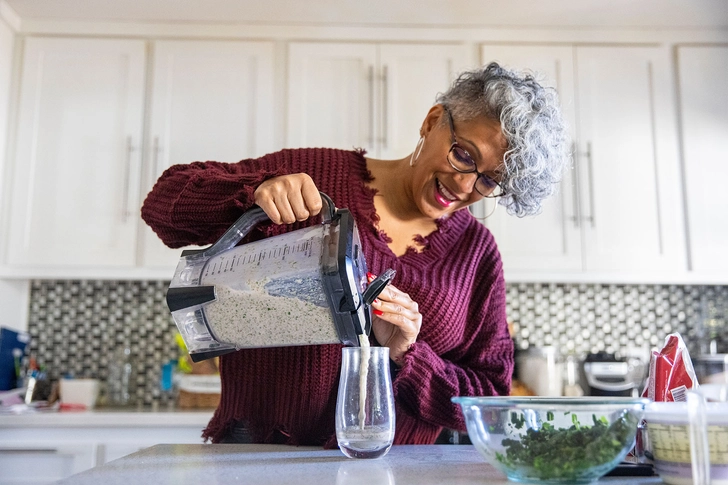
Add More Lean Protein
You need extra because bladder cancer and treatment put your body in a high-demand state. Aim for 20 to 30 grams per meal or snack. Try soups with chicken, tempeh, or mashed beans. Fish and skinless chicken are easy to digest. If you eat red meat, choose lean cuts like flank steak. When your appetite is low, soft or liquid proteins may be easier to eat. Scrambled eggs, smoothies with Greek yogurt or nut butter, and ready-made protein drinks are all good choices.
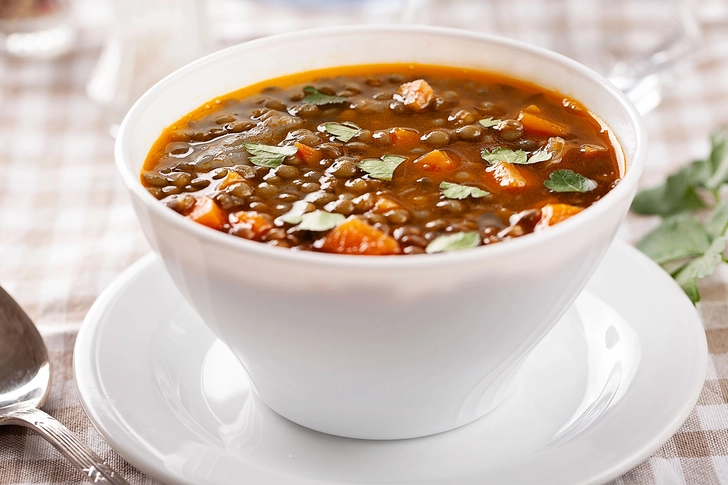
Get Lots of Fiber
It helps with both constipation and diarrhea, two common side effects of bladder cancer treatment. You’ll find fiber in plant foods like fruits, vegetables, and whole grains. Try adding chia seeds or flax to yogurt. You can also toss veggies into pasta and stir beans or lentils into soups. Drink plenty of fluids to help food move smoothly through your system. If your stomach’s sensitive, try soluble fiber from soft foods like oats, bananas, and cooked veggies like carrots.
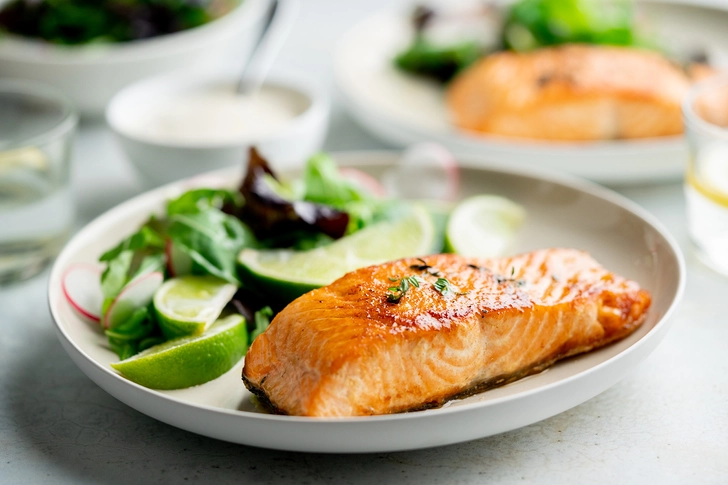
Explore a Heart-Healthy Diet
This means eating more plant-based foods and less sugar, salt, and saturated fat. Fruits, vegetables, and whole grains – plus beans, nuts, and olive oil – are the way to go. Fish and chicken are also options. The Mediterranean diet is a good starting point. Use it as a guide to make small changes, like swapping butter for olive oil or using beans instead of beef in soup. You can make bigger changes as time goes on.
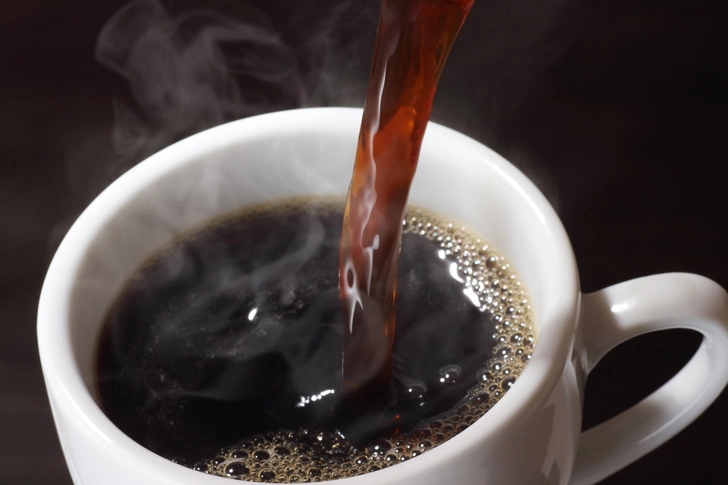
Avoid Certain Foods
Some foods and drinks may bother your bladder or gut, especially during or after cancer treatment. Common triggers include spicy foods, citrus, alcohol, caffeine, fizzy drinks, and sometimes artificial sweeteners. But everyone reacts differently. What bothers one person might be fine for you. Keep a food journal to track what helps and what makes things worse. Work with a dietitian if you're unsure what’s helping or hurting. They can help troubleshoot and personalize your plan.
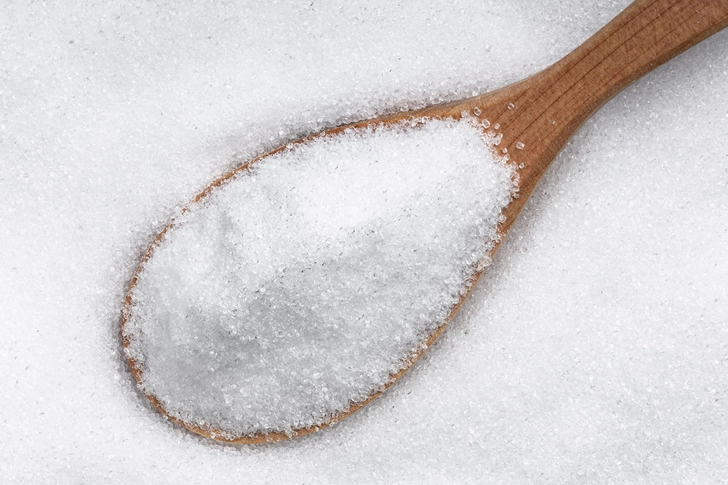
Be Aware of Common Diet Myths
Myth: Sugar feeds cancer.
Truth: All cells, including healthy tissue and cancer, use glucose (a type of sugar) for fuel. There’s no solid evidence that cutting added sugar will starve cancer or that eating it will make your cancer spread.
Myth: Artificial sweeteners cause bladder cancer.
Truth: Research doesn’t support that. You can include them, especially if sugar substitutes help you enjoy food or stay hydrated. Just make sure you’re getting enough calories overall.
Myth: A plant-based diet will cure cancer.
Truth: Diet isn’t a treatment. But eating more plant foods can support recovery by giving your body fiber, antioxidants, and anti-inflammatory nutrients.

Nourish Your Body, Even When Eating Feels Hard
Without enough calories and protein, your body breaks down muscle for energy. This can slow recovery and make you tired. So how do you support your body when you don’t feel like eating? Start with small, soft meals or snacks: a banana smoothie with nut butter, scrambled eggs with avocado, or soup with blended beans. Use plastic utensils if things taste metallic. Add lemon, lime, herbs, or a splash of vinegar to boost flavor. If ice cream is all you can manage, that still counts. What matters most is getting enough, not following the perfect plan. If eating still feels impossible, ask your doctor about seeing a dietitian.
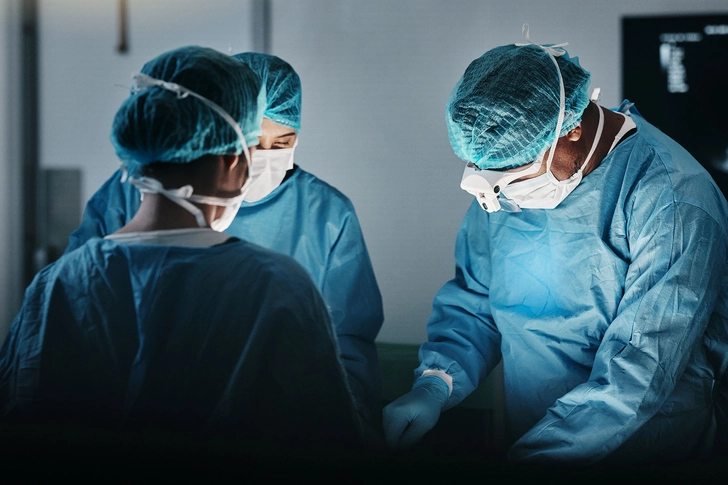
What to Know If You’ve Had Your Bladder Removed
If you’ve had your bladder removed (cystectomy), your body may handle food and fluids differently. You might need to drink more fluids with electrolytes (minerals like salt and potassium) and eat low-fiber, easier-to-digest foods. Your doctor might suggest boosting the amount of protein you eat, especially in the first four to six weeks after surgery. Your care team or a dietitian can help you figure out which foods support healing as your body adjusts.
IMAGES PROVIDED BY:
1) Maskot/Getty Images
2) E+/Getty Images
3) Moment/Getty Images
4) E+/Getty Images
5) Moment/Getty Images
6) iStock/Getty Images
7) Thomas Barwick/Getty Images
8) iStock/Getty Images
9) iStock/Getty Images
10) iStock/Getty Images
SOURCES:
Gabrielle Judd, MS, RD, CNSC, LDN, CISSN, clinical dietitian III, Johns Hopkins Bayview Medical Center.
Michael Karellas, MD, FACS, urologic oncologist, Yale Cancer Center; assistant professor of urology; director, western region, Department of Urology, Yale School of Medicine.
Bladder Cancer Advocacy Network (BCAN): “Understanding Bladder Cancer and Nutrition.”
National Cancer Institute: “Eating Hints: Before, during, and after Cancer Treatment.”
Memorial Sloan Kettering Cancer Center: “Eating Well During Your Cancer Treatment.”